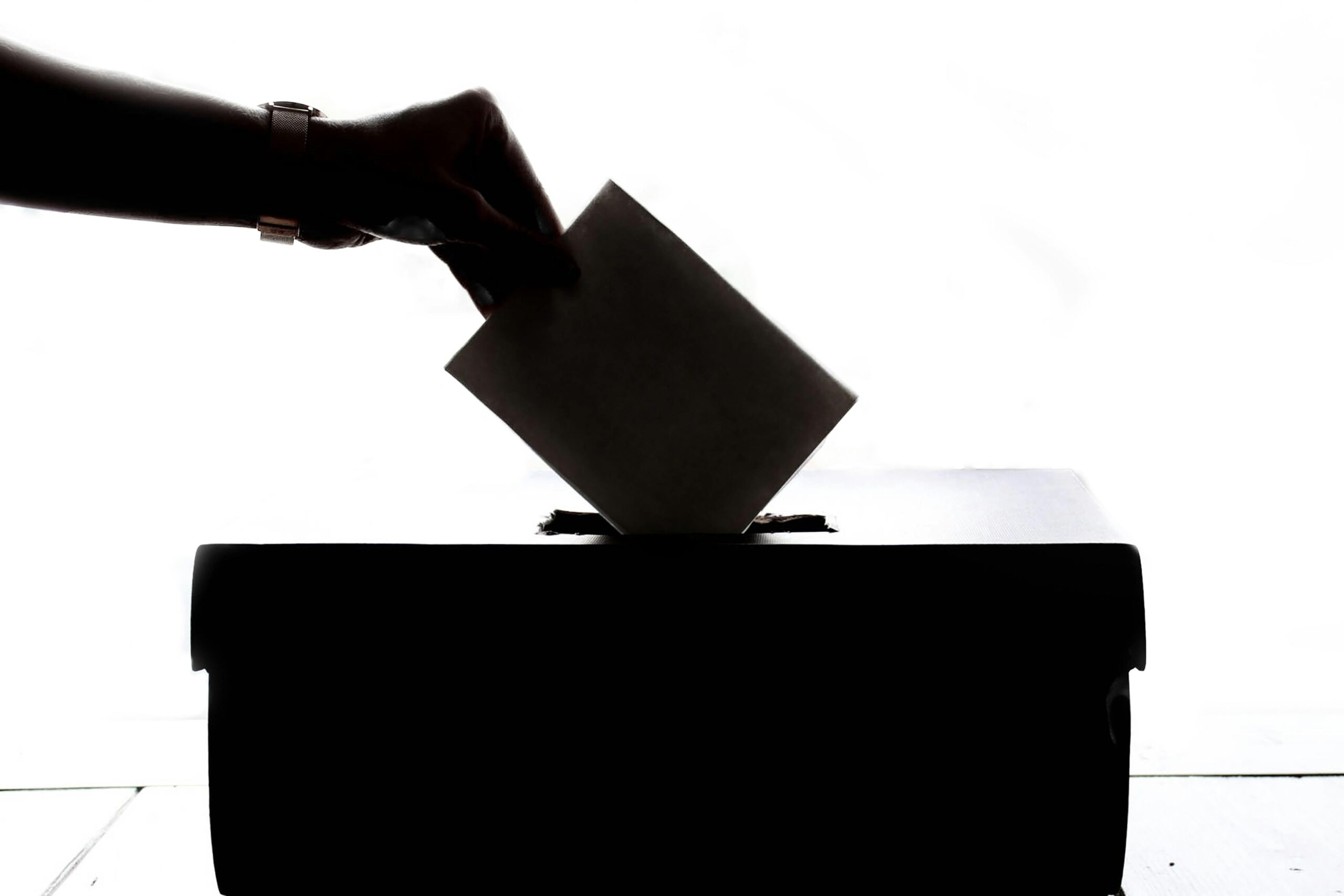The return of Black Friday sales means that whilst business sales soar and people buy more for less, the general problem of mass consumerism will be more apparent than ever and the effects on the environment will be damaging.
This time of year, city centres are flooded with eager shoppers, hoping to find the best deals they can. Latest statistics from Finder suggest that Black Friday and Cyber Monday spending in Britain will total an estimated £4.8 billion this year and the average spend will be £275 per shopper. However, many businesses are encouraging people to not get caught up in the hype of Black Friday and shop more responsibly or are even taking an active stance against the day.
‘Fast fashion is awful’
For many independent shops, Black Friday doesn’t make a lot of economic sense.
Statistics from a survey by Bira found that this year, 85% of independent retailers will not be participating in Black Friday. Andrew Goodacre, Bira CEO, said: “The main reasons for them not wanting to take part in this, is because they either don’t agree with this idea, there are higher prices, and there is also insufficient volume to make the large discounting work.”
Following the global pandemic, many independent businesses were forced to shut and of those that are still open, many cannot afford to highly discount their products this Black Friday.
Tom Smith, the store manager of Vintage Kilo, Sheffield, said he doesn’t agree with the idea of people spending lots of money on something they are going to throw away in a couple of weeks.
“Mass consumerism is awful, fast fashion is awful. If you can discount the products that much, why aren’t they that price all the time?”

Heidi Carvalho, Store Owner, Black Tourmaline Alternative Fashion, Sheffield
An estimated £140 million worth of clothing is sent to UK landfill each year according to Waste and Resources Action Programme (WRAP). The Sustainable Clothing Action Plan (SCAP) also states that clothing contributes to more than 1 million tonnes of wasted materials each year.
Heidi Carvalho, the store owner of Black Tourmaline Alternative Fashion, Sheffield, said that Black Friday, environmentally, can be quite positive, depending on how your business is run. A lot of the clothes she sells are rejected fashion pieces that other businesses do not want, which would alternatively be thrown away.
She sells them on to the public to ensure they are worn and not contributing to more waste. Although, she said shopping at major companies can be quite a detriment to the environment because it is supporting mass consumerism.
What do the people of Sheffield think of Black Friday?
But it’s not just independent businesses rejecting the idea of Black Friday. Many bigger businesses are also opting out this year.
The clothing brand Monki said goodbye to Black Friday in 2019 as they want to be part of the solution, not the problem and “create positive change within the fashion industry and work towards a kinder world.”
Patagonia is a sustainable fashion brand that will also not be participating in Black Friday. They want to encourage people to think about the necessity of each thing they buy, and their message is “Buy Less, Demand More.” As a brand, they have pledged 1% of sales to the preservation and restoration of the natural environment and 87% of their clothing line uses recycled materials.
The sustainable activewear and athleisure clothing brand TALA has pledged that they will never create products specifically for Black Friday sales and aim to drive awareness of the impact of fast fashion and encourage consumers to shop sustainably and only buy what they need.
Resist the pressure
In response to the negative impacts Black Friday can have on the environment, different campaigns have been set up to try to induce positive change.
Holly Tucker, founder of Not On the High Street and Holly & Co., has set up a campaign called #ColourFriday which aims to encourage people to support local and independent businesses this Black Friday. In an interview for the BBC Radio 4 Today Programme, she said “Small businesses cannot afford the margins to discount. A recent survey we did found that half of small businesses are worried about surviving past Christmas.”
In an Instagram post she said: “The combined voice of the small business community is powerful and by coming together with the same message, we can make a bigger impact on consumer behaviour, this Christmas and beyond.”

Michael Smith, 53, is a graphic designer who is part of the ‘Buy Nothing Day’ campaign taking place on Black Friday. It encourages people to go 24 hours without spending money to acknowledge the impact shopping can have on the environment. He said through consumption, we are causing a lot of environmental damage and the first step is to buy less. People should shop more responsibly and sustainably. He said: “Don’t feel under pressure to go out and buy loads of stuff just to make people happy or yourself happy.”
‘Future-Friendly Christmas’ is another campaign which has been created to encourage people to buy less. Dinah Ward, from the campaign, said: “Following COP26, lots of people are concerned about the risk to our children’s future posed by climate change, but not many people realise that our consumer culture is partly to blame.
“Christmas is a time when we get bombarded with messages telling us we need to spend money if we want to enjoy ourselves, but at Future friendly Christmas we’ve got lots of ideas for ways to have a great Christmas without giving in to the endless stream of adverts.”
While it might be easy to get caught up in the Black Friday shopping frenzy, it’s also all too easy to forget the sustainability issues that matter the rest of the year.
So this Black Friday, try to be more environmentally aware when shopping and where possible, just buy less.




